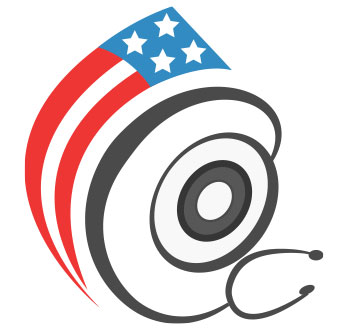Every year, the common cold and the influenza virus spread through office buildings. There are several ways in which you can prevent the spread of these viruses, including:
- Spray disinfectant on doorknobs, countertops, and appliance handles on a daily basis - Viruses can jump from one surface to your hands and then from your hands to another surface. By wiping down high-traffic areas, you will prevent the virus from transferring to other people.
- Wash your hands frequently and thoroughly - Use antiviral tissue to open and close doors. Antiviral tissues claim to kill 99.9% of cold and flu season viruses.
- Try to stay healthy - Eat well and healthfully, get exercise, and reduce your stress. Maintaining a healthy lifestyle will keep your body strong, and help you fight off disease.
However, even if you follow these techniques, sometimes you will still get sick. If you do contract a virus, make sure you identify what the virus is. When you're sick, you think the doctor needs to give you "something" to feel better. It's easy for a doctor to dash off a prescription. You leave the office thinking you're getting a medical miracle at the drugstore. And, in time, you get better.
With colds and flu, time is the best medicine - not antibiotics. Save the big power in the antibiotics for the ailments that are caused by bacteria, such as strep throat and pneumonia. Sadly, we've been lulled into thinking an antibiotic is a cure for everything, and we're seeing strains of certain bacteria now that don't go away with antibiotics.
Don't insist on an antibiotic unless your throat culture, chest x-ray, or other signs and symptoms point to a bacterial infection. In most cases, the best medicine a doctor can give you is advice (such as drinking plenty of liquids and rest). Take it.
Working out when sick
When you're coughing and sneezing, your job is to get better and not infect others. That being said, you still want to be active. Exercise can sometimes help you fight off infections, and help you start feeling better.
If you have above-the-neck symptoms such as a runny nose, sneezing and a scratchy throat, you may try exercising, but slow your pace, say researchers from the American College of Sports Medicine. Drink plenty of water while you're exercising.
If you have below-the-neck symptoms such as fever, sore muscles or joints, vomiting or diarrhea, or a nasty cough, just take care of yourself and let the illness run its course, while you don't run yours.
In the long run, exercise may lower your risk of getting a cold in the first place.







